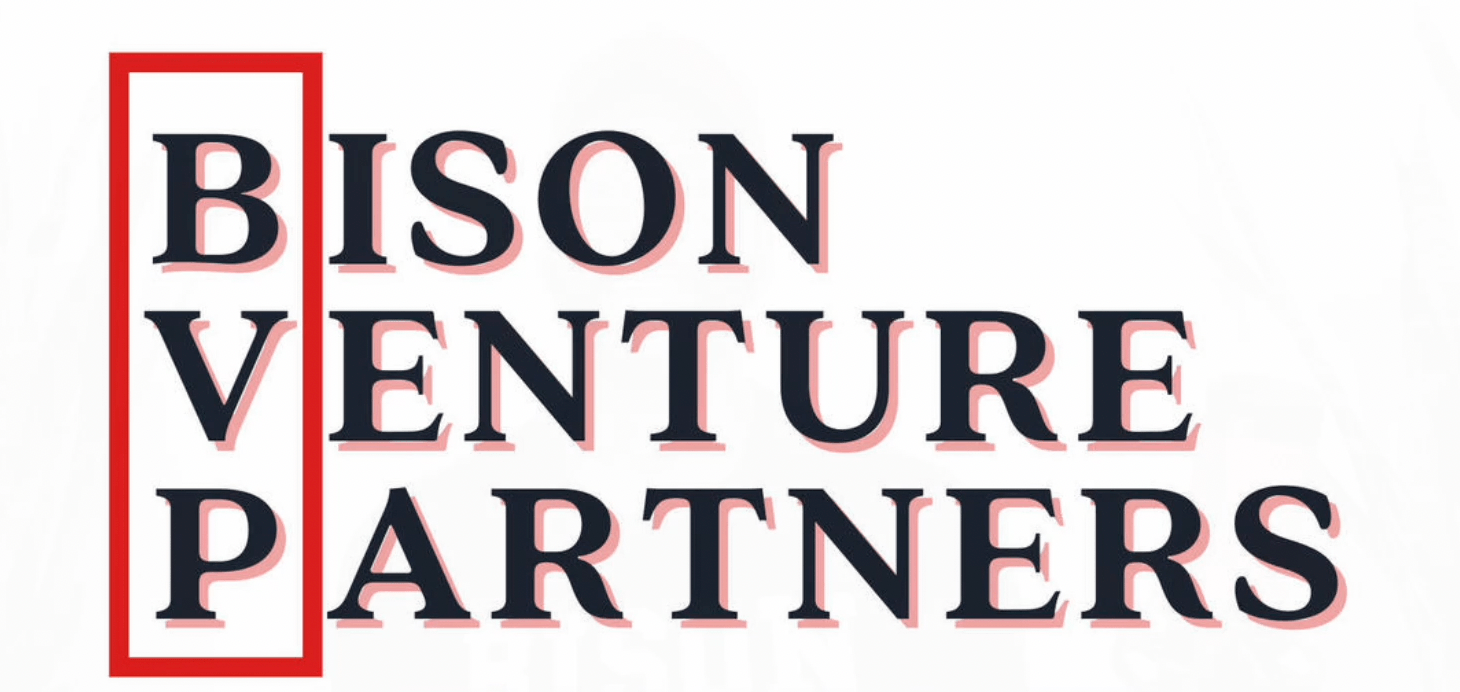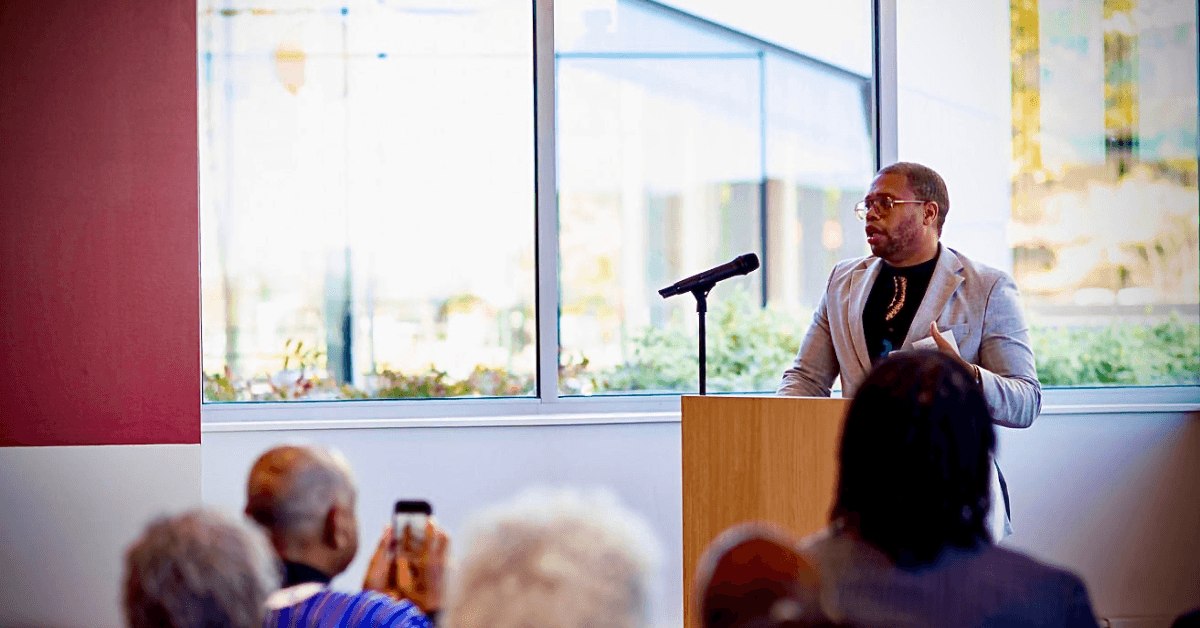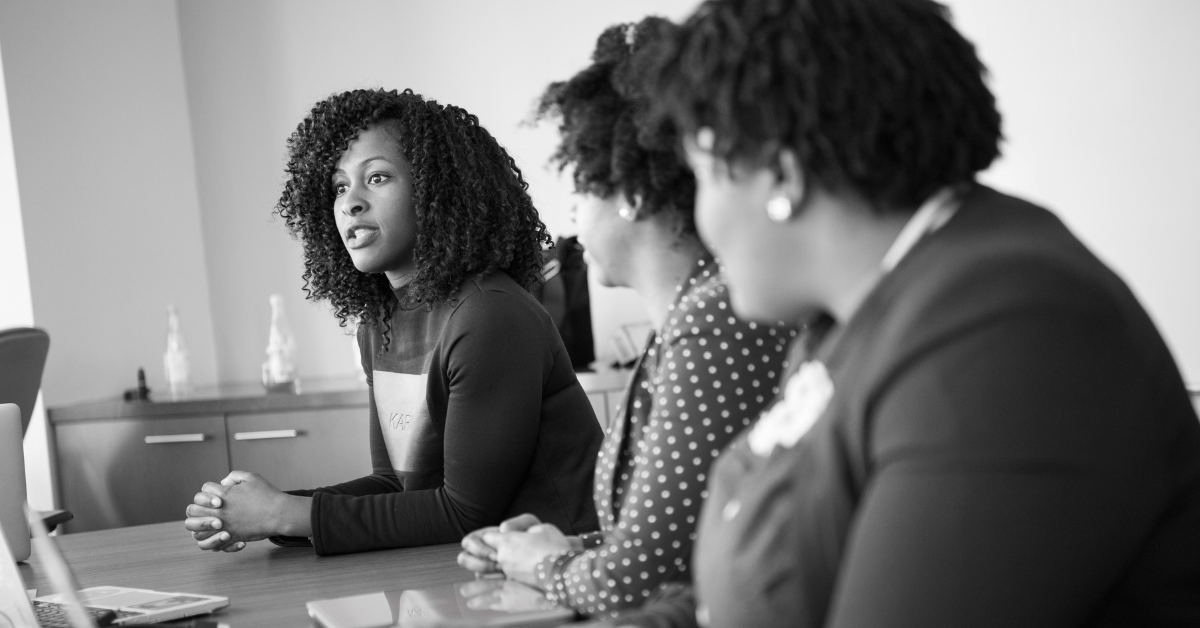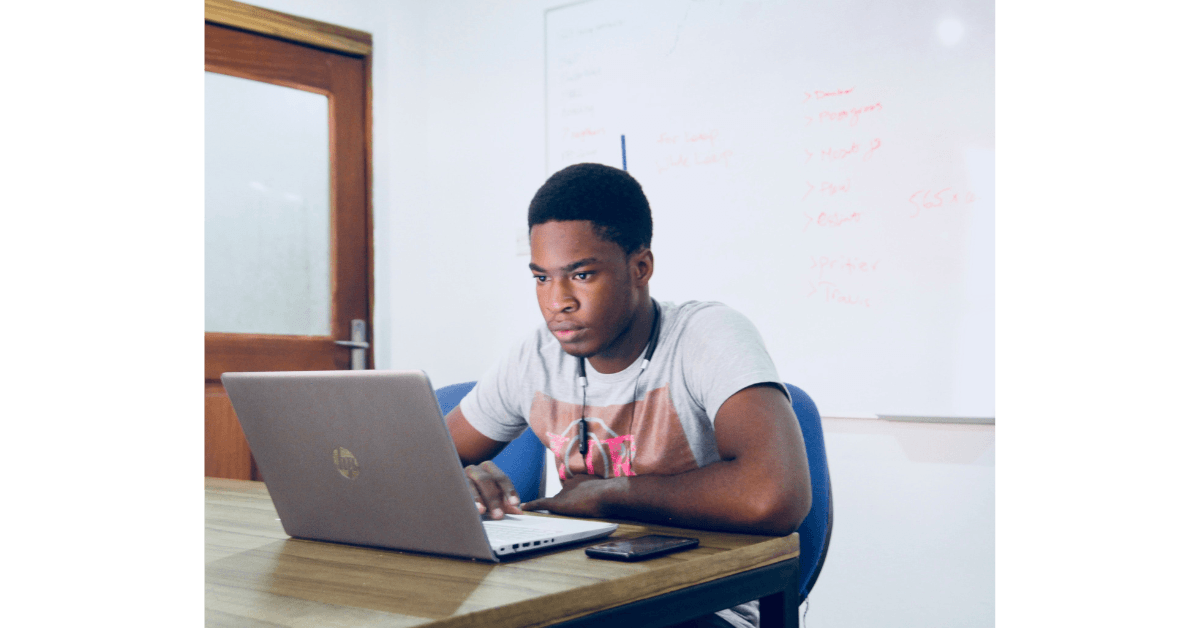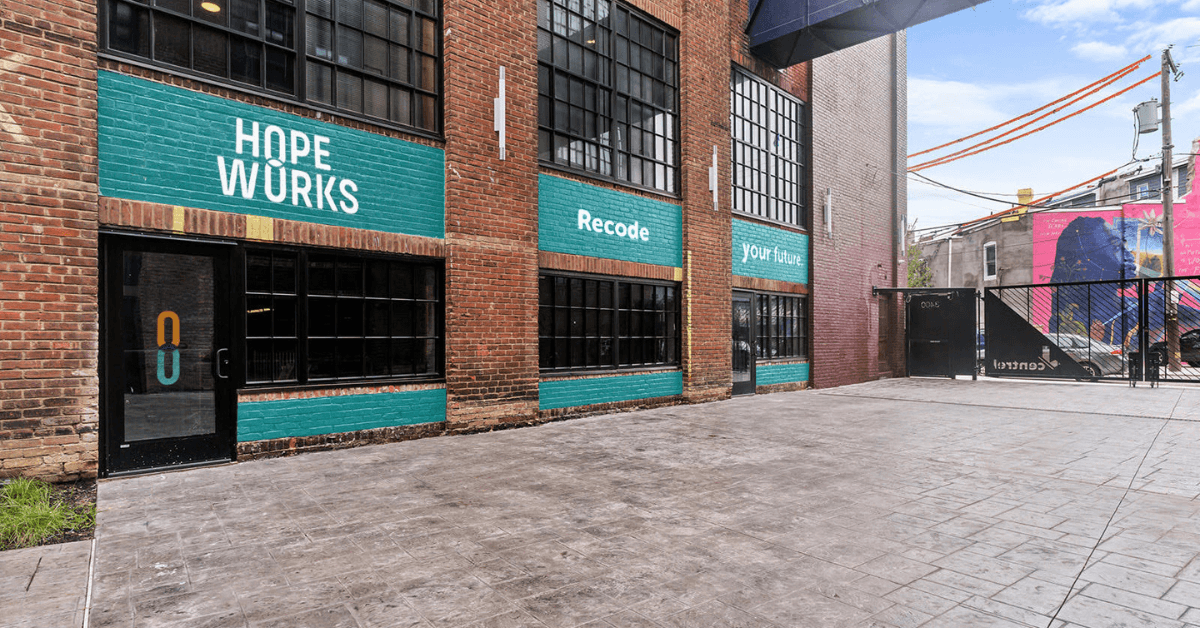Key Insights:
- Bison Venture Partners is raising a $250,000 community round to grow its e-commerce platform.
- The group aims to close the trillion-dollar gap for investing in underrepresented founders by encouraging its network to crowdfund.
Inspired by his HBCU experience at Howard University, Philly native Garry Johnson III created Bison Venture Partners (BVP) to help small businesses and startups become investment ready. The company launched to the public in 2021 with a crowdfunding campaign and recently hit its first goal, raising $50,000 of its $250,000 community round.
BVP partners with small businesses, technology startups and investment firms to advise Black and brown founders on ways to build wealth and fund their businesses, with an emphasis on crowdfunding.
“VC-ish”
Johnson calls the work BVP is doing “VC-ish,” a term he created with a friend and business partner, Kemba Hall, to explain their experience trying to break into the VC space as Black founders.
“We’re not VCs managing a fund right now, but we are helping founders raise investment dollars, and that’s really what matters for us at the end of the day,” Johnson told The Plug. “I do envision a future where maybe five to 10 years from now, we’re managing a $50 million to $100 million fund to invest in [underrepresented founders.]”
BVP advises founders to utilize community rounds as a way “to democratize access to capital” and empower its network of entrepreneurs to disrupt the trillion-dollar blindspot in venture capital funding. Even starting with $100 for your local coffee shop can be a way for Black founders to invest in each other and build generational wealth, Johnson said.
“There are companies we’ve invested in that are VC backed that have gone through accelerators, and these are quality deals, but they may be looked down on because they’re crowdfunding. We see it as our job to really change that mindset and help educate the general community to see that crowdfunding is investing,” Johnson said.
Johnson originally got his bachelor’s and master’s degrees from the University of Delaware, where he started his journey as a founder doing pitch competitions around the nation. One in particular inspired him to become an ecosystem builder and support other Black founders: the HBCUtoStartup hosted by HBCUvc. Even though he wasn’t enrolled at an HBCU, Johnson flew out to Prairie View A&M University in 2018 for the contest and won.
“That was my first time at an HBCU for an entrepreneurship-related event and I was just inspired by the entire crowd, seeing people that look like me who are building amazing things, and talking about entrepreneurship, innovation and venture capital,” Johnson said. “It was a game changer.”
Last year, Johnson decided to go back to school and get his MBA through an online program at Howard University where the idea for BVP was born through a conversation with his peers during orientation.
“We were like, ‘There’s so much potential in this room. There’s so much talent for us to just focus on trying to get jobs and work for other companies. We know all the disparities that exist within our communities and if we want to do something about it, we can,’” Johnson said.
The group of four was inspired to use Howard’s mascot Bison in its name by people who have labeled their venture firms after housing projects they grew up in such as Jay-Z’s Marcy Venture Partners and Nas’ Queensbridge Venture Partners. The founding team are all Bisons and want people of all backgrounds to “join the herd” and get involved in their mission to increase access to capital for Black and women entrepreneurs.
How BVP is disrupting the VC blindspot
Multicultural and women-owned businesses receive 80 percent less in funding from investors than businesses overall, resulting in a missed opportunity of $4.4 trillion, according to a 2018 Morgan Stanley report. The report says the VC blindspot is caused in part by investors unwillingness to see over the risk wall and being less likely to connect to sectors served by minority businesses.
BVP partners with such businesses, including Hx Innovations, Inc., a neuroergonomics testing and biotechnology company started by Black founders at the University of Delaware that uses the science to help sporting teams safeguard against foot and ankle injury. The company has worked with teams like the Miami Heat and plans to support HBCU athletes, Johnson said.
“They’ve won local pitch competitions, they’re getting various grants, but they haven’t raised VC dollars. We are seeing the disparities play out in real-time,” Johnson said. “They have a phenomenal team, phenomenal product, some product market fit, but investors are not writing the checks.”
Johnson put his money where his mouth is and has become the lead investor in Hx Innovations using his personal funds. Outside of BVP, he has helped underrepresented founders source $500,000 in non-dilutive funds.
In addition to educating its network on crowdfunding, BVP supports the businesses it has partnered with in setting up community rounds on Wefunder, the platform BVP itself uses. To date, BVP has raised $56,100 from 167 investors, many of whom are first-time equity crowdfunding investors.
Plans for the future
Part of the funds BVP is raising will be used for operational costs, including building an e-commerce marketplace highlighting brands founded by HBCU students and alumni called HBCU.market. The platform currently features Wear Brims, Mocktail Club and Hairbrella, among others, and sells its own coffee brand, Bison Breakfast Blend.
After BVP closes its round, its subsidiary lifestyle and apparel brand Black Unicorns will also be a part of HBCU.market and funds will be used for stocking inventory. BVP has made around $2,000 in revenue from its coffee and apparel and will use its campaign dollars to begin marketing its products.
“We just want to show the community this is the type of caliber of entrepreneurs that HBCUs produce and we want to inspire the next generation to say ‘Wow, I can do that too,’” Johnson said.
Part of the fund will also go towards building a startup studio to help tech businesses build their business models and to lease its first PopCom robotic storefront to support its e-commerce platform. BVP has placed a deposit on the storefront and plans to place it near Howard. Once they reach their $250,000 fundraising goal, BVP will use 45 percent of the money to acquire two additional PopCom robotic storefronts.
“We’re in this game to build wealth for ourselves, build wealth for our communities and do it on our own terms,” Johnson said. “That’s VC-ish.”

